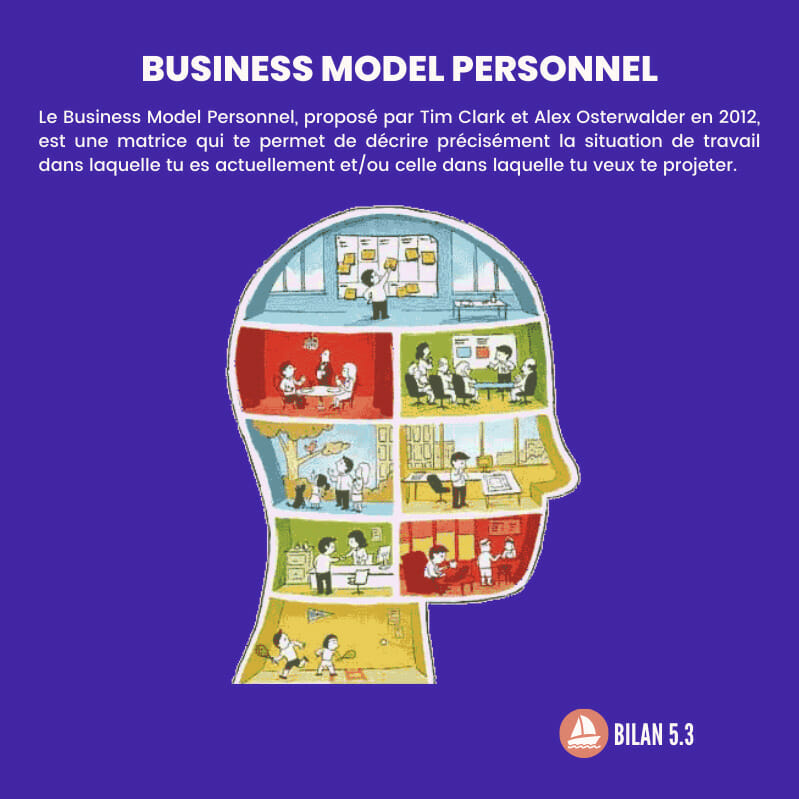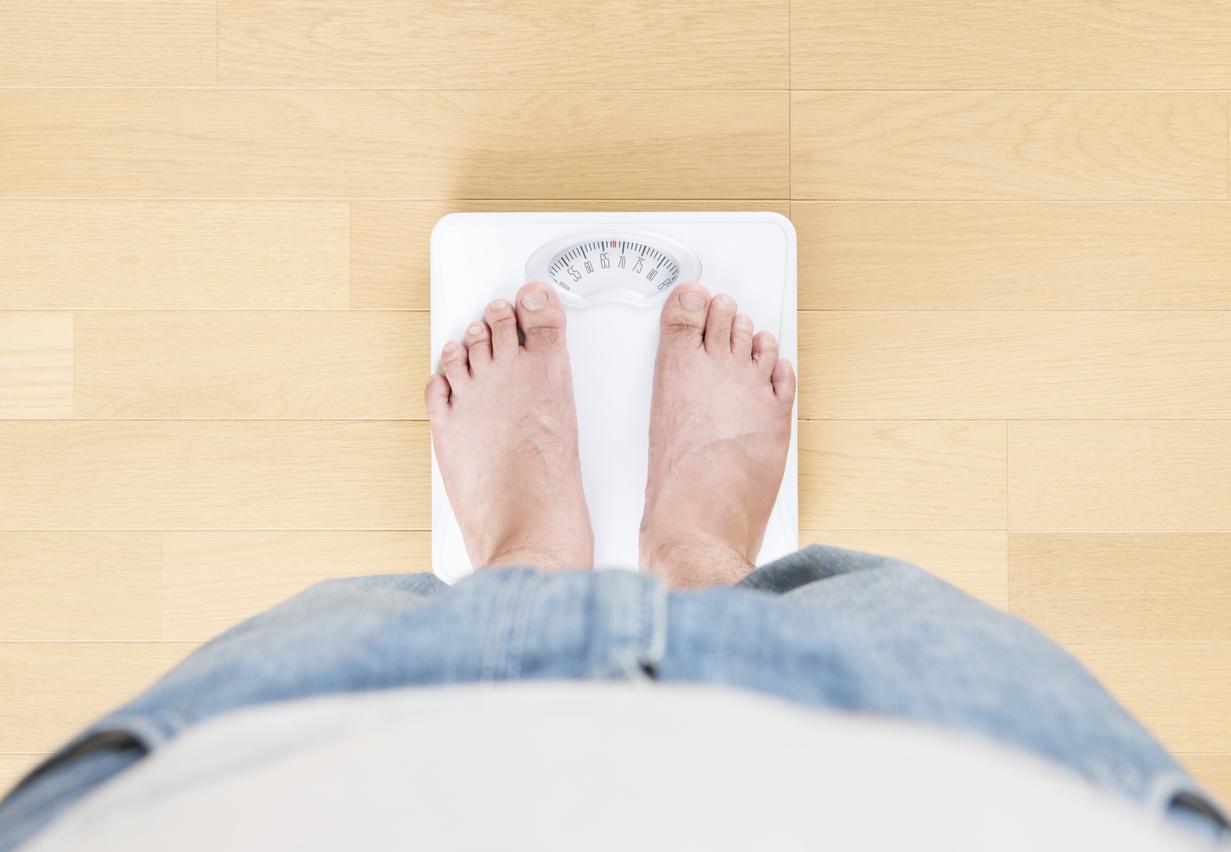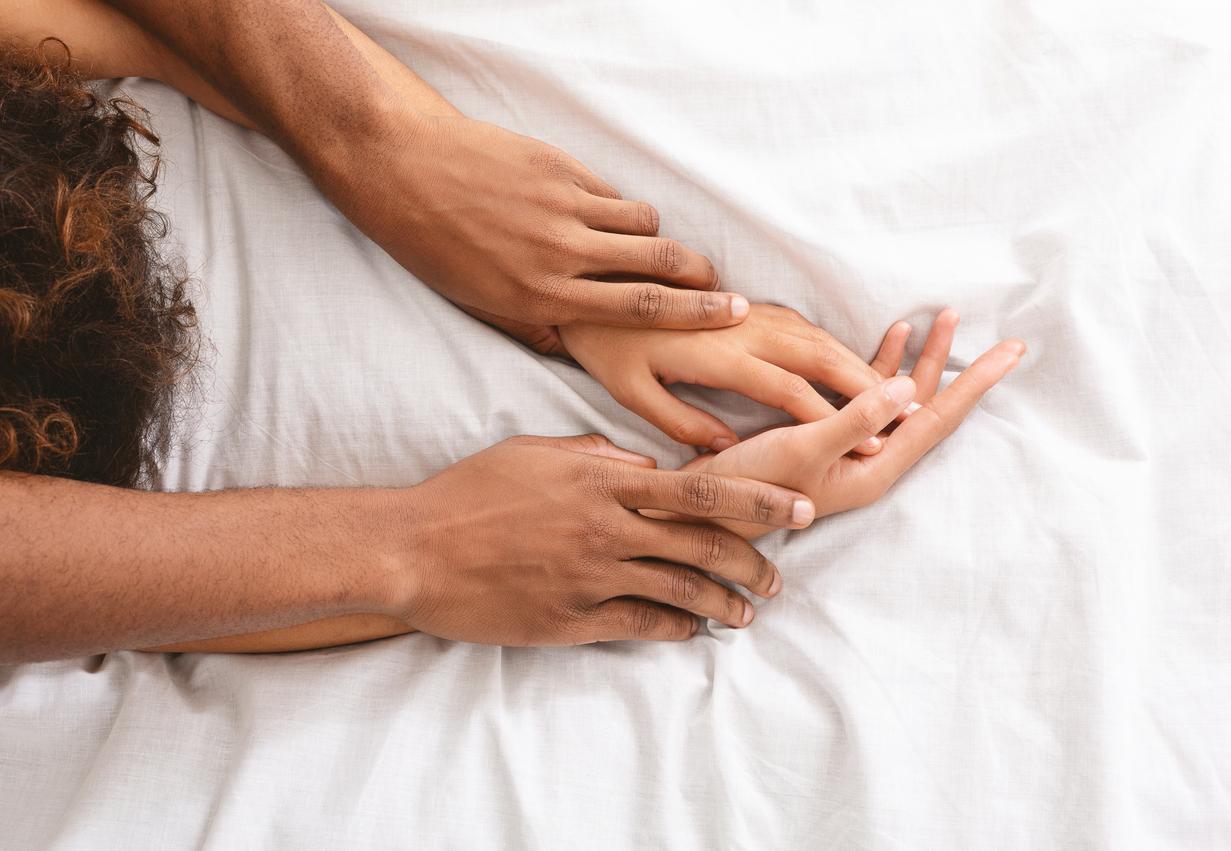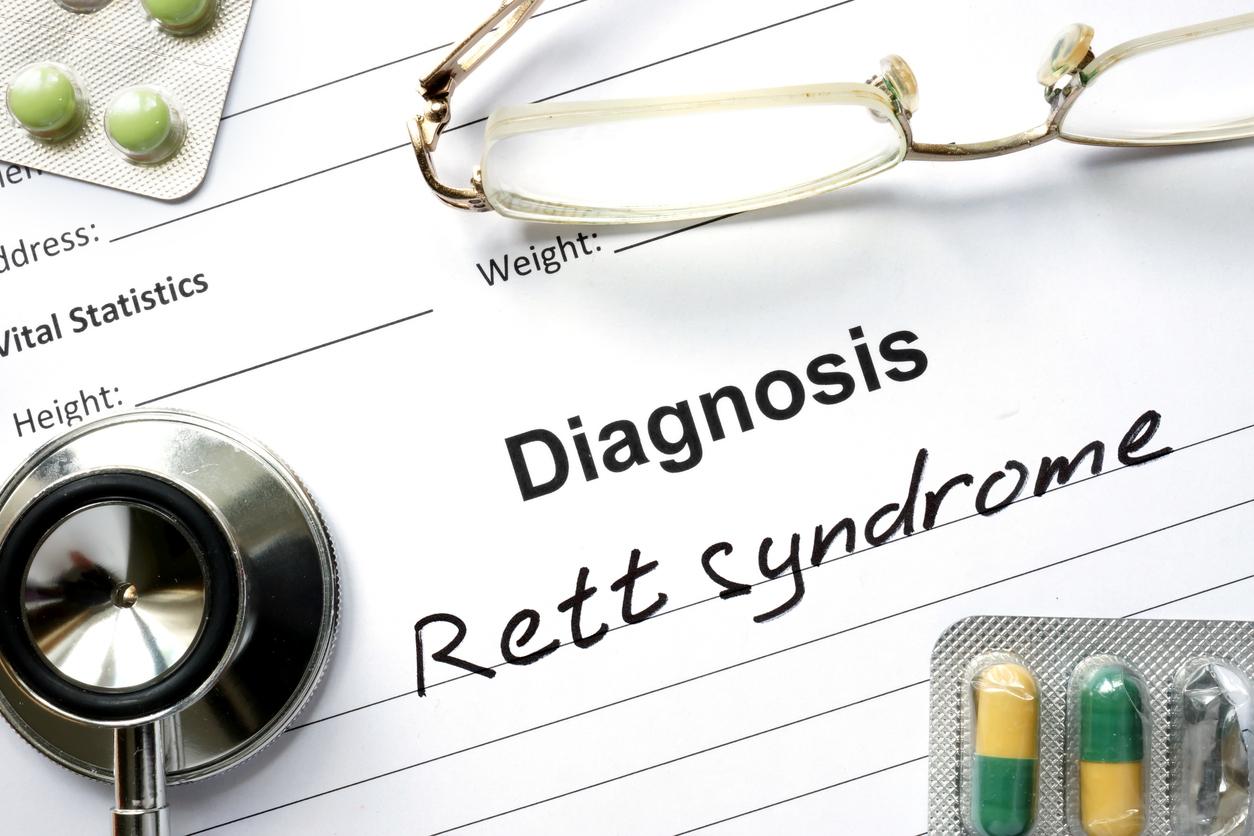“As you know, I was always an open book. But I wasn’t ready to talk about what I had to go through. I’ve had health issues for a long time and it’s not easy for me to deal with it. Recently I was diagnosed with a very rare neurological disorder called in English “stiff person syndrome,which affects approximately one person in a million. We do not yet know everything about this rare disease but we now know that it is the cause of the muscle spasms from which I suffer. These spasms affect my everyday life. I sometimes have a lot of difficulty walking and I can’t always use my vocal cords to sing as I would like” just announced singer Celine Dion, in a short video posted on her social networks.
“It saddens me enormously to tell you today that I will not be ready to start my tour of Europe again in February. I have an excellent team of doctors by my side who are treating me to get better. So I I train every day with my therapist to allow me to perform again but I must admit that it is a continual struggle. I always give 100% in my concerts. But currently, I am not in a state to do so. To find you, I have no choice but to focus on my health.
Stiff-man syndrome: what is this rare disease?
As Celine Dion points out, stiff-man syndrome is an autoimmune disease which affects approximately one in a million people, two-thirds of whom are women. The symptoms of this rare neurological disease develop over months or even years. It causes stiffness and spasms, mainly in the trunk and abdomen.
“The progressive muscular stiffness leads to immobility of the trunk and hips and the gait becomes stiff and particular. Spontaneous or reflex muscular spasms are added to it, which can cause severe falls” learn on Orphanet, the portal for rare diseases. Sometimes there is a specific fear of crossing open spaces (as when suffering from agoraphobia), which can cause an unexpected stop, sudden spasms and falls, sometimes severe.
How is it treated?
To treat symptoms, doctors use benzodiazepines and muscle relaxants like baclofen. This treatment helps control symptoms in the majority of people with stiff-man syndrome. Immuno-modulatory therapies (corticosteroids, intravenous immunoglobulins, plasmapheresis) can be proposed, but with variable results.
It should be noted that recently, an American study funded by the National institute of neurological disorders and stroke of the United States demonstrated the effectiveness of treatment with intravenous immunoglobulin (IVIg) in reducing stiffness and sensitivity to noise, touch and stress. in people with stiff-man syndrome.

















